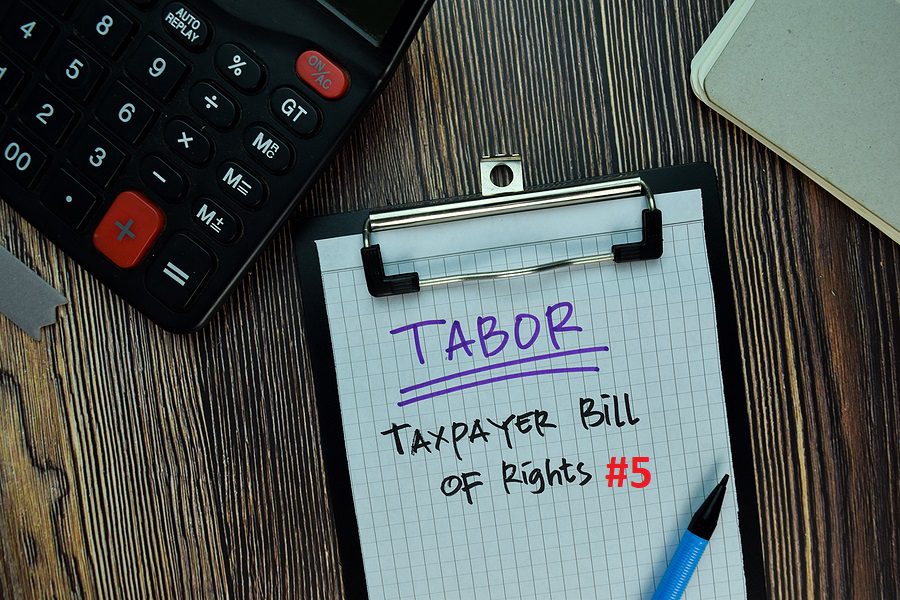The Taxpayer Bill of Rights (TBOR) is a cornerstone document that highlights the 10 fundamental rights taxpayers have when dealing with the Internal Revenue Service (IRS). The IRS wants every taxpayer to be aware of these rights in the event they need to work with the IRS on a personal tax matter. The IRS continues to publicly highlight these rights to taxpayers. The IRS also regularly reminds its employees about these rights. The IRS expects employees to understand and apply taxpayer rights throughout every encounter with taxpayers.
IRS Publication 1, Your Rights as a Taxpayer, includes a full list of taxpayers’ rights.
It includes The Right to Appeal an IRS Decision in an Independent Forum.
Taxpayers are entitled to a fair and impartial administrative appeal of most IRS decisions, including many penalties, and have the right to receive a written response regarding the Office of Appeals’ decision. Taxpayers generally have the right to take their cases to court.
What you can expect:
- The IRS Commissioner must ensure that there is an independent IRS Office of Appeals. It’s an office that is separate from the IRS office that initially reviewed your case. Generally, Appeals will not discuss a case with the IRS to the extent that those communications appear to compromise the independence of Appeals.
- Publication 5, Your Appeal Rights and How to Prepare a Protest If You Don’t Agree PDF, tells you how to appeal your tax case if you don’t agree with the IRS’s findings.
- If the IRS has sent you a statutory notice of deficiency, which is a notice proposing additional tax, and you timely file a petition with the United States Tax Court, you may dispute the proposed adjustment in tax court before you have to pay the tax. For more information about the United States Tax Court, see the Court’s taxpayer information page.
- Generally, if you fully paid the tax and the IRS denies your tax refund claim, or if the IRS takes no action on the claim within six months, then you may file a refund suit. You can file a suit in a United States District Court or the United States Court of Federal Claims. However, you generally have only two years to file a refund suit from the date the IRS mails you a notice that denies your claim.
To find out more about the TBOR and what it means to you, visit: https://www.taxpayeradvocate.irs.gov

